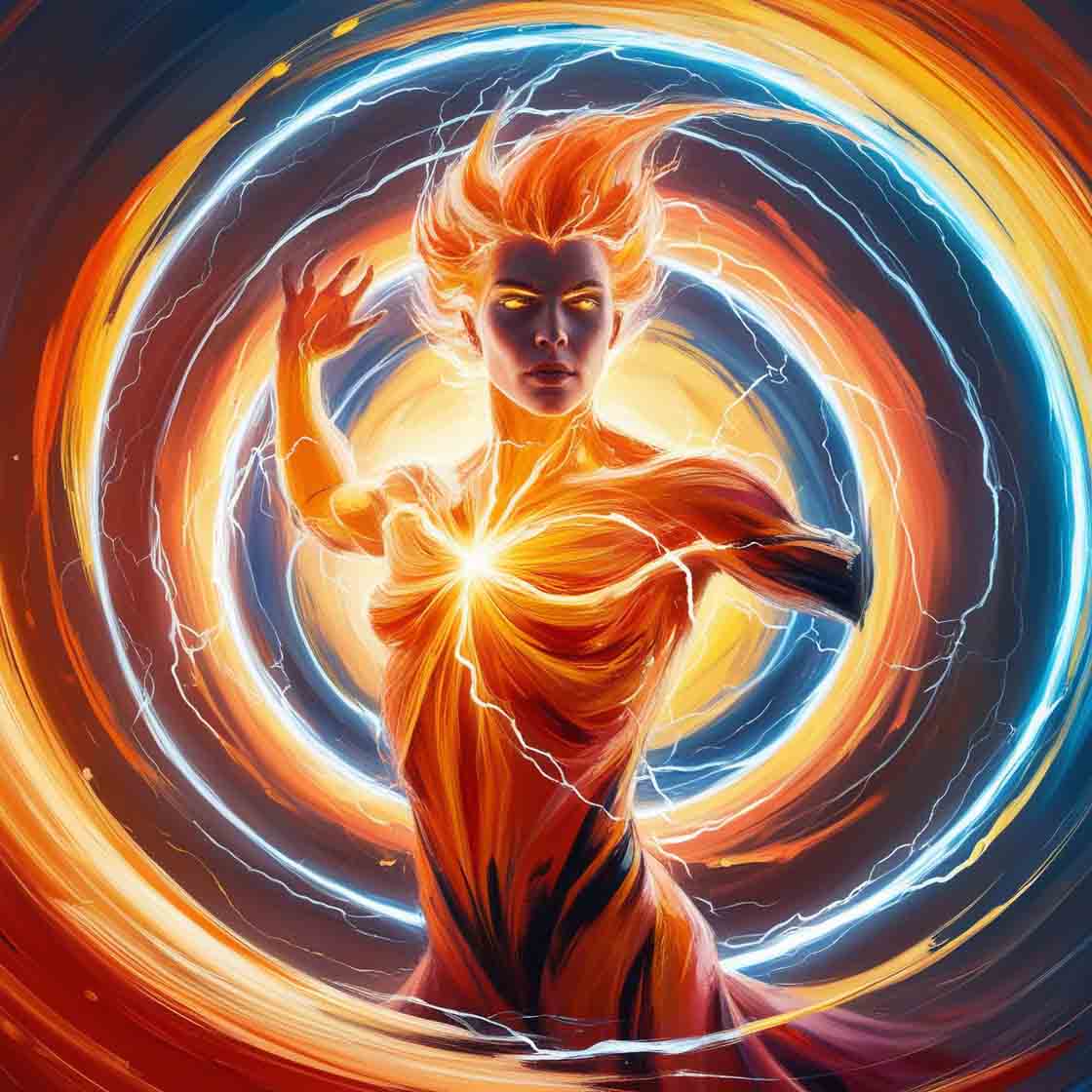

 Understanding the Universal Connection-Everthing is Energy
Understanding the Universal Connection-Everthing is Energy
In the vast expanse of the universe, from the smallest particle to the largest celestial body, one fundamental truth connects all existence: everything is energy. This profound concept, rooted in both ancient wisdom and modern science, reveals a deep and intricate web of interconnectedness that shapes our reality. Let’s delve into what this means, how it manifests in various realms, and its implications for our understanding of life and the universe.
The Scientific Basis
The idea that everything is energy is not just a philosophical musing but a scientific fact. According to the principles of quantum physics, the building blocks of the universe are not solid, immutable objects but rather fluctuating energy fields. At the quantum level, particles such as electrons and photons exhibit both particle-like and wave-like properties. This dual nature suggests that what we perceive as solid matter is actually composed of energy vibrating at different frequencies.
Albert Einstein’s famous equation, E=mc^2, further reinforces this concept. It demonstrates that matter and energy are interchangeable; mass can be converted into energy and vice versa. This equivalence implies that the physical world, with all its diversity, is fundamentally a manifestation of energy.
Energy in the Natural World
Nature provides countless examples of energy at work. Photosynthesis, the process by which plants convert sunlight into chemical energy, is a perfect illustration of energy transformation. Similarly, the food chain is essentially a series of energy transfers, from the sun to plants, then to herbivores, and finally to carnivores.
Weather patterns, too, are driven by energy exchanges. The sun’s heat causes air and water to move, creating wind and ocean currents that regulate the Earth’s climate. These natural phenomena underscore the dynamic and ever-changing nature of energy in our environment.
Human Experience and Energy
Humans are not separate from this energetic tapestry. Our bodies, minds, and emotions are all expressions of energy. Biologically, we sustain ourselves through the intake of energy in the form of food, which our bodies convert into kinetic energy, heat, and other forms necessary for life.
On a more subtle level, our thoughts and emotions are also energetic in nature. Neuroscientific research shows that different mental states are associated with specific patterns of brain activity, which can be measured as electrical impulses. Practices such as meditation, yoga, and tai chi are designed to cultivate and harmonize this internal energy, often referred to as “chi” or “prana” in various cultures.
The Spiritual Perspective
Many spiritual traditions have long recognized the primacy of energy in the fabric of existence. In Hinduism and Buddhism, the concept of prana or chi represents the vital life force that permeates the universe. Native American spirituality often speaks of a Great Spirit or energy that flows through all living things. These perspectives highlight a holistic view of the world, where energy is the essence of life and the bridge connecting all beings.
Implications for Modern Living
Understanding that everything is energy can profoundly impact how we live and interact with the world. It encourages a sense of interconnectedness and responsibility, reminding us that our actions and thoughts resonate beyond our immediate surroundings. This awareness can lead to more mindful and sustainable living, fostering harmony with nature and each other.
In healthcare, energy-based practices such as acupuncture, Reiki, and sound therapy are gaining recognition for their ability to promote healing by balancing the body’s energy fields. These modalities offer complementary approaches to traditional medicine, emphasizing the holistic nature of health.
Conclusion
The concept that everything is energy provides a unifying framework that bridges science, nature, human experience, and spirituality. It invites us to see the world not as a collection of isolated entities but as a dynamic, interconnected web of energy. Embracing this perspective can lead to a deeper appreciation of the universe and our place within it, fostering a sense of wonder, respect, and harmony. As we continue to explore and understand this fundamental truth, we may unlock new potentials for personal growth, scientific discovery, and global unity.